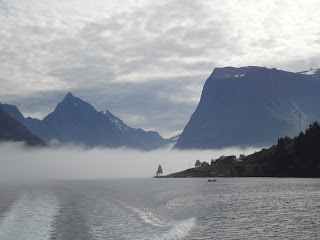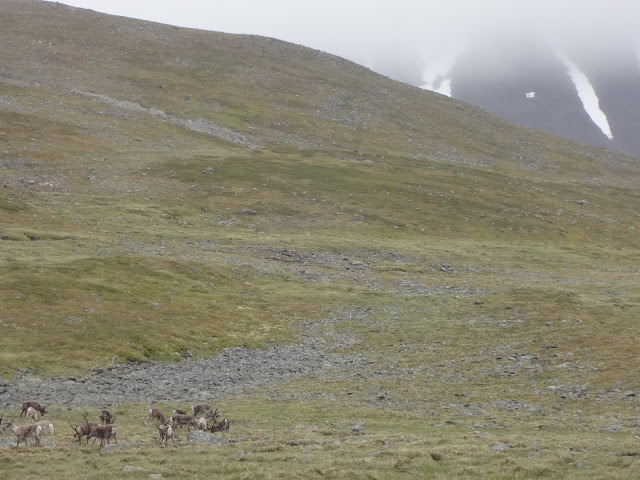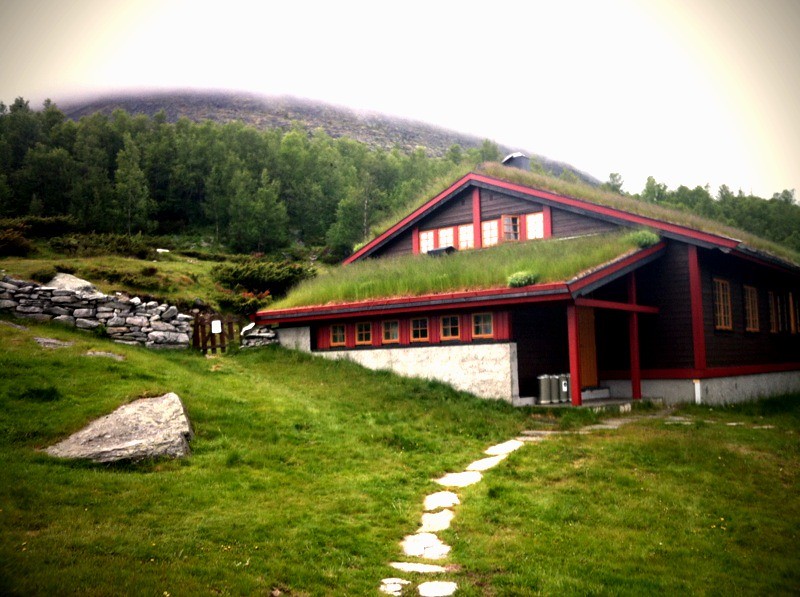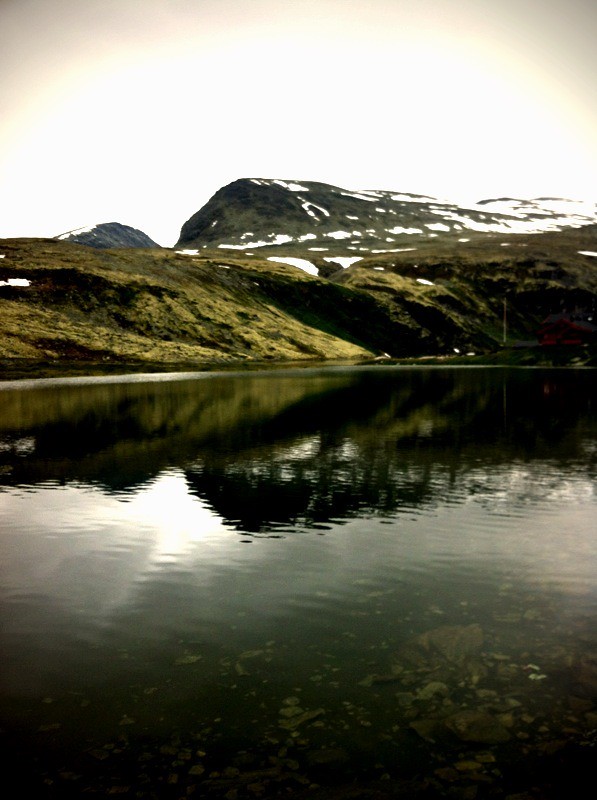Glacier National Park, east side
Every town in America has something it wants to tell you about itself as you drive through. Sometimes it's just the town motto, or the population, from the sign which welcomes you as you're driving in. Sometimes it's the historical monument or museum you ought to visit. Often there are signs pointing the way to particularly beautiful vistas, or 'historic downtowns' (many of them sadly empty and dying these days). It seemed like every town in North Dakota had a sign listing all the different denominations of churches present in the area (all Christian, of course). Every town in Montana broadcast the mascot of their high schools' sports teams and their various state championships over the years.
The town of Poplar, Montana, which is the tribal seat for the tribes of the Fort Peck Indian Reservation, boasts the high school mascot the 'Indians.' The teams of the nearby town Culbertson, Montana, which is 89 percent white, are the 'Cowboys.' They don't pull any punches in Montana, I guess.
Glacier National Park, North Fork
I drove from Seattle across Idaho, Montana, and North Dakota on highway 2, also known as the Hi-Line. The road is mostly two lanes with a speed limit of 70mph, and an endless vista of flat plains and wheat fields. You drive directly through all the small towns along the route, slowing down to pass crumbling grain elevators and crusty looking bars. When you stop for lunch, you're sure to find a lot of ranch dressing. It's exactly what you want a cross country trip to be..... until you get to North Dakota.
borrowed from Flickr user calwest
Several years ago, North Dakota offered a tax break to oil companies to drill in their state. This, plus the development of new technology for horizontal drilling and fracking, led to an explosion of development over what is called the Bakken Formation in the Northwest corner of the state. When Travis and I drove across the border from Montana, we were instantly covered in a thick cloud of dust which hung in the air over the down of Williston, ND. They are building so many new roads and houses and hotels, that the construction itself has generated a dust cloud far out over the horizon. The drilling derricks are visible in the hundreds from the highways, and the flares light up the night sky. We arrived there in the early evening, hoping to find a hotel room for the night and quickly found that every hotel within driving radius was completely booked. We were lucky to find one room for $200.00 at the brand new hotel, Black Gold, which offered breakfast from 3:30am-8am. The nearby mini-mart was almost completely sold out of beer. A woman who worked at the hotel told us she could find no work in her home state of Minnesota, but landed a job in Williston within the first hour of arriving in town.
After Williston, the Hi-Line widens out into a four lane highway, so we dropped down across the state towards Fargo, and then took in Brainerd, Minnesota for good measure. In Minnesota, I dropped off Travis, and picked up Liz. We managed to absorb a little of the wonders of Wisconsin (
the Forevertron
) before we hit the ugly mess of interstates around Chicago. The cat managed to surprise quite a few toll booth operators in Illinois, Ohio, and Pennsylvania by popping up from my lap to meow at them as I handed over the change or the ticket. Our goal that night was simple: Detroit.
borrowed from Flickr user bucksot.jones
From there it was a relatively quick drive through upstate New York, across Lake Champlain, and into my new home state, Vermont. State Tree: Sugar Maple. State Fruit: Apple. State Mineral: Talc.
Tomorrow I start my new job producing Vermont Edition at Vermont Public Radio.
Liz with Vermont fall color
Travis and I at Glacier National Park

















































